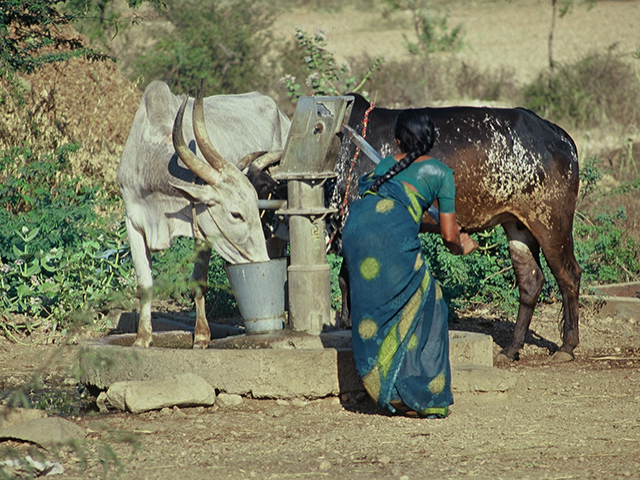Community-driven Multiple-Use water services (MUS) is proposed as a comprehensive, participatory approach to planning and providing water services that considers people self-supply and their multiple water needs, as identified by communities and co-ordinates across government departments as needed. There are gender differences in the use, access and management of water resources which must be considered in this approach.
Land and gender are intertwined issues, moreso for rural women who use land to generate livelihoods. In sub-Saharan Africa women contribute 50 per cent of the labour force in agriculture. In South Africa statistics indicates that for every 210 women are employed for every 100 men employed on farms. Studying the gender dimension in community water management schemes can provide information on the implication of gender and on gender of community water management schemes
